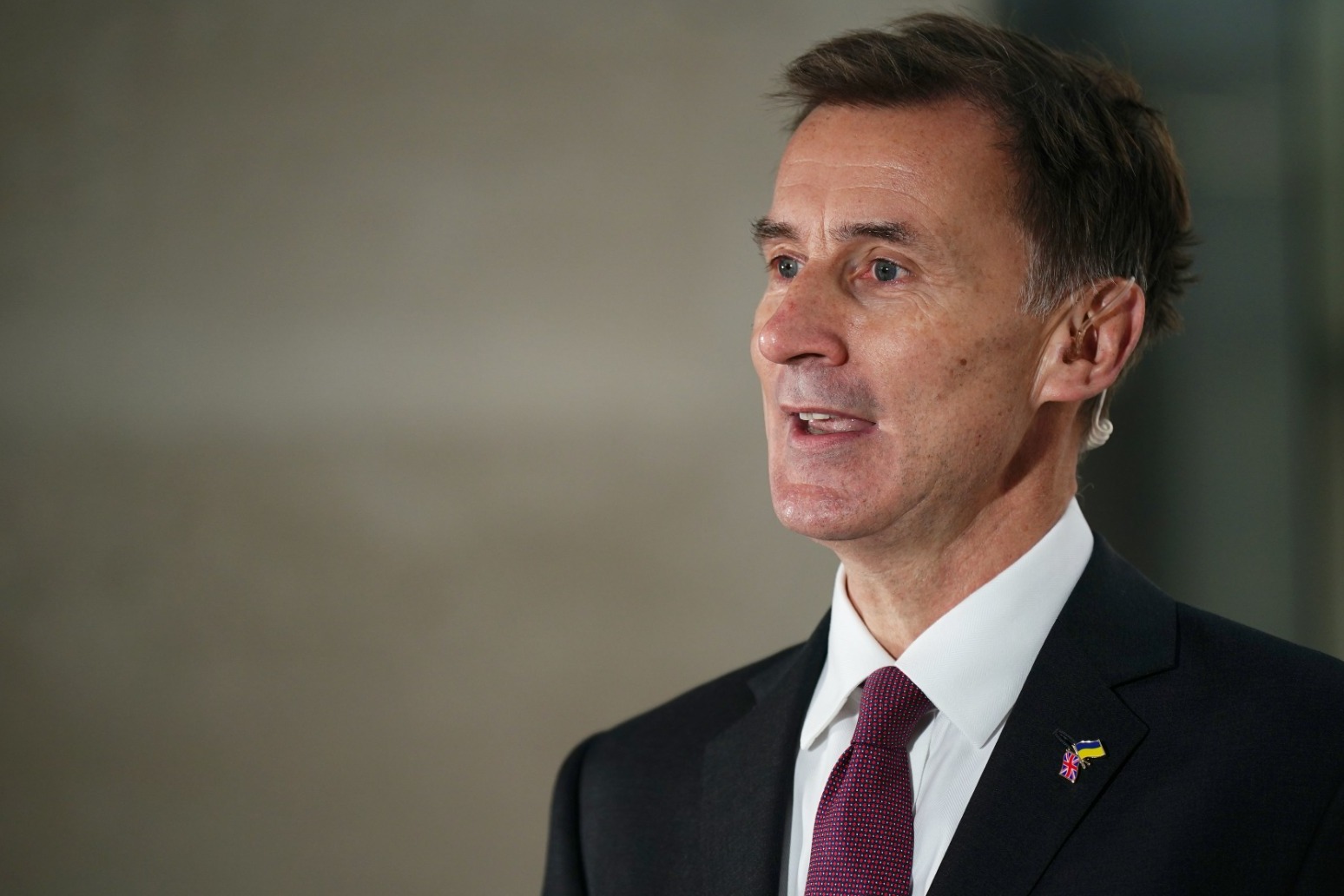
UK to be second worst economy in the G7 in 2023 despite upgrade, says IMF
The UK is expected to be the second slowest-growing economy in the G7 this year, the International Monetary Fund has said, despite a major upgrade to the country’s prospects.
A new IMF forecast expects the UK’s output to grow by 0.4% during 2023, faster than Germany, but slower than any other country in the Group of 7 (G7).
It is an upgrade by 0.7 percentage points compared to the IMF’s previous forecast. Consumption was stronger than expected and Brexit uncertainty had reduced, the IMF said.
Growth in the US is expected to be the most rapid of all G7 countries at 1.8%, the IMF said on Tuesday.
This will be followed by Canada (1.7%), Japan (1.4%), Italy (1.1%), France (0.8%), the UK (0.4%) and Germany, where output is expected to shrink 0.3%.
Across all advanced economies, which includes the G7 and other countries, growth is expected to drop from 2.7% to 1.5% in 2023, the IMF said.
It expects global growth to reach 3.0%.
“Growth in the United Kingdom is projected to decline from 4.1% in 2022 to 0.4% in 2023, then to rise to 1.0% in 2024,” the IMF said.
“This is an upward revision of 0.7 percentage points for 2023, reflecting stronger-than-expected consumption and investment from the confidence effects of falling energy prices, lower post-Brexit uncertainty (following the Windsor Framework agreement), and a resilient financial sector as the March global banking stress dissipates.”
The organisation said that most of the countries in the world are prioritising attempts to reduce inflation.
“Following the build-up of gas inventories in Europe and weaker-than-expected demand in China, energy and food prices have dropped substantially from their 2022 peaks, although food prices remain elevated,” it added.
The IMF also said that a push on green investment was needed to make sure that there is enough energy to meet countries’ green targets.
IMF director of research, Pierre-Olivier Gourinchas, said: “The global economy continues to gradually recover from the pandemic and Russia’s invasion of Ukraine.
“In the near term, the signs of progress are undeniable.
“The Covid-19 health crisis is officially over, and supply-chain disruptions have returned to pre-pandemic levels.
“Economic activity in the first quarter of the year proved resilient, despite the challenging environment, amid surprisingly strong labour markets.
“Energy and food prices have come down sharply from their war-induced peaks, allowing global inflation pressures to ease faster than expected.
“And financial instability following the March banking turmoil remains contained thanks to forceful action by the US and Swiss authorities.”
Published: by Radio NewsHub